Baseball History Comes Alive Now Ranked #2 by Feedspot Among All Internet Baseball History Websites and Blogs!
Guest Submissions from Our Readers Always Welcome!
Scroll Down to Read Today’s Essay
Subscribe to Baseball History Comes Alive for automatic updates. As a Free Bonus, you’ll get instant access to my Special Report: Gary’s Handy Dandy World Series Reference Guide!
Another Edition of Baseball’s Forgotten Stars:
Jack Quinn – The Oldest Pitcher To Hit a Home Run
Ninety-four years ago this week, on June 27, 1930, Philadelphia A’s pitcher Jack Quinn — just nine days short of his 47th birthday — became the oldest pitcher in major league history to hit a home run.
John Quinn was born Joannes (Jan) Pajkos on July 1, 1883, in what is now Slovakia. While basically a journeyman pitcher who played for eight different teams in three major leagues (American, Federal, and National), he compiled some rather impressive statistics. Over his 23-year career (1909-1933), he went 247-218 record (.531) with a 3.29 ERA, and 1329 strikeouts.
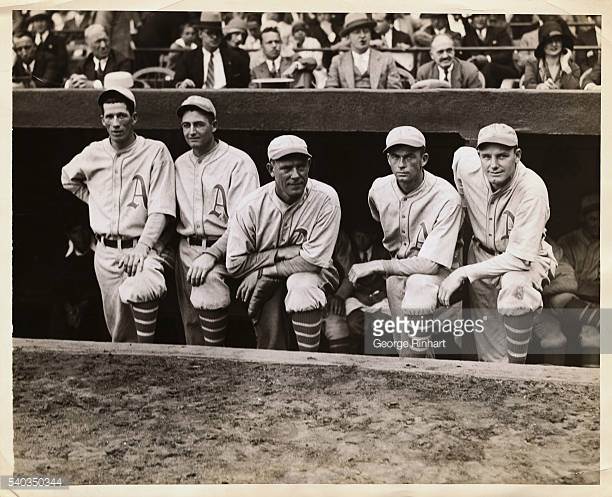
Quinn debuted on April 15, 1909, with the New York Highlanders and played until he was 50 years old. He was a member of the 1929-1931 Philadelphia Athletics dynasty that won three consecutive pennants and two World Series championships. His best year in the majors was 1914 with Baltimore of the Federal League, where he posted a 26-14 record with a 2.60 ERA.
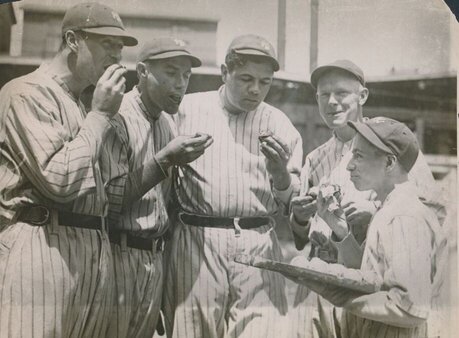
As I’ve said many times, whenever you take a deep look into the careers of most major leaguers, you’ll invariably find some things of interest. That’s certainly the case with Jack Quinn. For instance, he got his start in professional baseball in a rather unusual way:
While watching a semi-pro game in Connellsville, Pennsylvania, the 14-year-old Quinn threw a foul ball back from the stands to the catcher, hitting his mitt right in the middle. The visiting manager, from the nearby town of Dunbar, was impressed by the throw, and he offered Quinn a contract. (1)
Quinn’s longevity in baseball enabled him to set several age-related milestones, some of which have since been broken. At one point, he was the oldest major league player to win a game (a record broken by Jamie Moyer); the oldest pitcher to start games in the World Series and on Opening Day; the oldest player to hit a home run at age 46 (a record broken by Julio Franco); and still the oldest pitcher to hit a home run. He remains the oldest to ever play for the Cincinnati Reds, and the last major leaguer to have played in the 1900s. At the time of his retirement, the eight teams for which he had played also constituted a record. Quinn is one of only 31 players in baseball history who have appeared in a major league game in four decades.
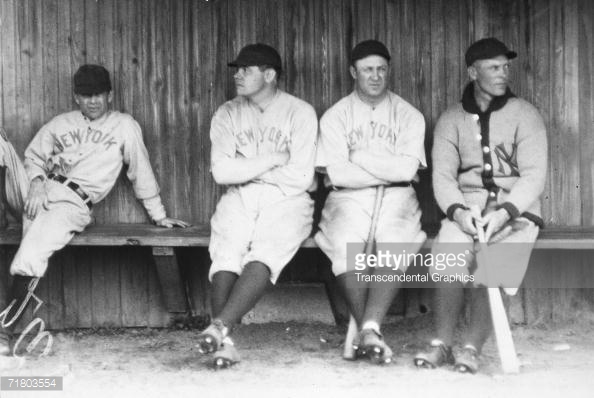
During his career, Quinn played alongside 31 different members of the Baseball Hall of Fame and collected two World Series rings in three tries while with the Philadelpha A’s. He was also one of the last pitchers in baseball permitted to throw the spitball, grandfathered in along with sixteen others when it was banned in 1920.
In 2006, Jack Quinn was inducted posthumously into the National Polish-American Sports Hall of Fame. Quinn died in Pottsville, Pennsylvania, on April 17, 1946 at the age of 62.
So today we’re happy to shine our baseball spotlight on a fine pitcher who’s been long forgotten: Jack Quinn, who remains the oldest major league pitcher to hit a home run.
Gary Livacari
Information: Quote (1) and other information edited from the Jack Quinn Wikipedia page.
Subscribe to our website, Baseball History Comes Alive with over 1500 fully categorized baseball essays and photo galleries, now surpassing the one million hits mark with over 1,201,000 hits and over 950 subscribers: https://wp.me/P7a04E-2he
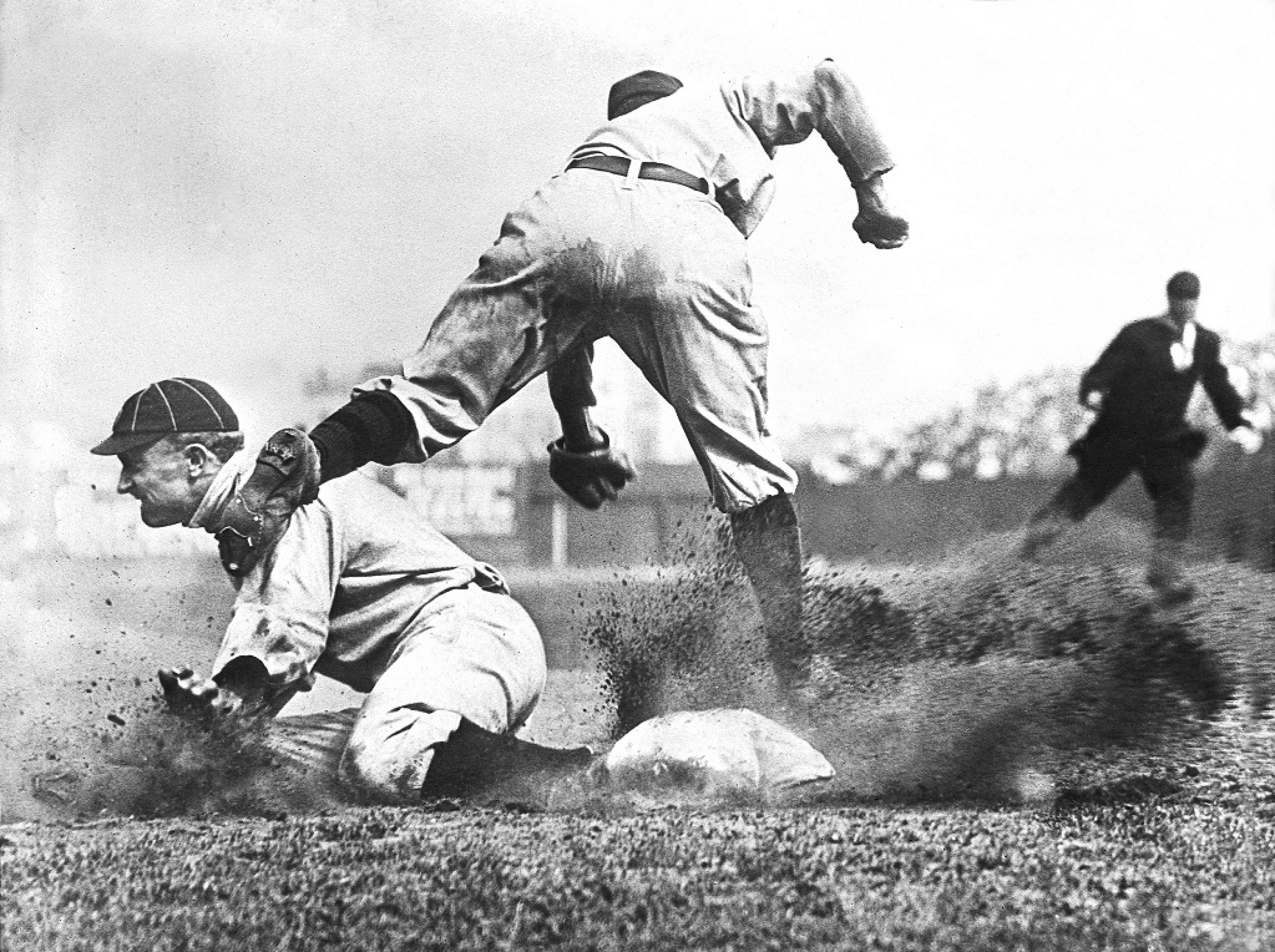
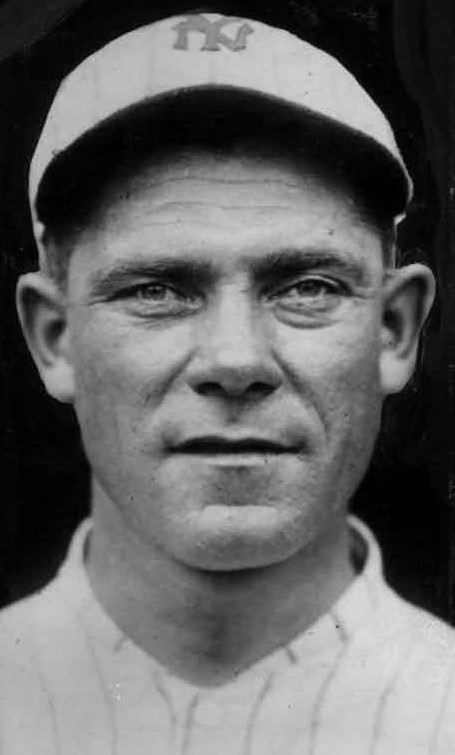
For better or for worse, Quinn will remain the oldest pitcher to hit a home run. That’s one record that will not be broken. But, hey, how did a guy named Quinn get into the National Polish-American Sports Hall of Fame?
Trying to figure out how he went from Joannes Pajkos to “Jack Quinn”!
Love these tidbits. I was wondering if your research counted negro league pitchers?
Thank you ever so kindly for highlighting one of my favorite baseball characters. I had previously done some research on this Pennsylvania native that doesn’t appear elsewhere that I know of. It always intrigued me about his name changes. Jack began his career playing semi-pro for the Dunbar Mules in Dunbar Township, PA in 1903 under the name of Quinn. He pitched and played outfield for Dunbar and the neighboring Connellsville Cokers among other local teams until he signed with Toledo and was assigned to the Pottstown Coal Minors of the Atlantic League in 1906-1907. He also pitched for the Macon Peaches in the South Atlantic League in 1907. Although census data shows he never attended school, he could read and write. In January 1908 his case came before the National Baseball Commission (no baseball commissioner in those days).Toledo Club says it owns the rights to Jack Quinn who as Jack Picus had signed with the Philadelphia Phillies in late 1906. Philadelphia claimed player had represented himself as Jack Picus and said he was a free agent. Picus/Quinn told Commission he had not been treated fairly by Toledo and the clubs he was assigned to. Commission ruled Picus/Quinn belonged to Toledo and said testimony says that he did not keep himself in condition to play. Quinn told Commission that Philadelphia or Providence owes him 12 days pay. Records show Picus signed with Philly for $1,500 in late 1906 and was with Philadelphia from April 11, 1907 until his release on May 8, 1907. During that time he spent 5 days with Providence. In those days the Major Leagues had to pay a player for 10 days after release. Commission ruled he had received $191.64 from Philadelphia and that he was entitled to $308.33, Providence to pay Picus for 5 days and Philadelphia the remainder. Very few times did Commission rule for player in those days, especially a minor leaguer. On September 15, 1913 while pitching for the Boston Braves the people of Dunbar and vicinity held a day for Quinn at Forbes Field and honored him with a watch and other gifts at home plate. Quinn hurled a complete game 6-5 victory, knocking in two runs and even stealing home! The Pirates won the second game of the doubleheader making the Dunbar group happy because they were also Pirate rooters. Imagine the home team allowing a day for an opposition player. Wasn’t the deadball era grand?!